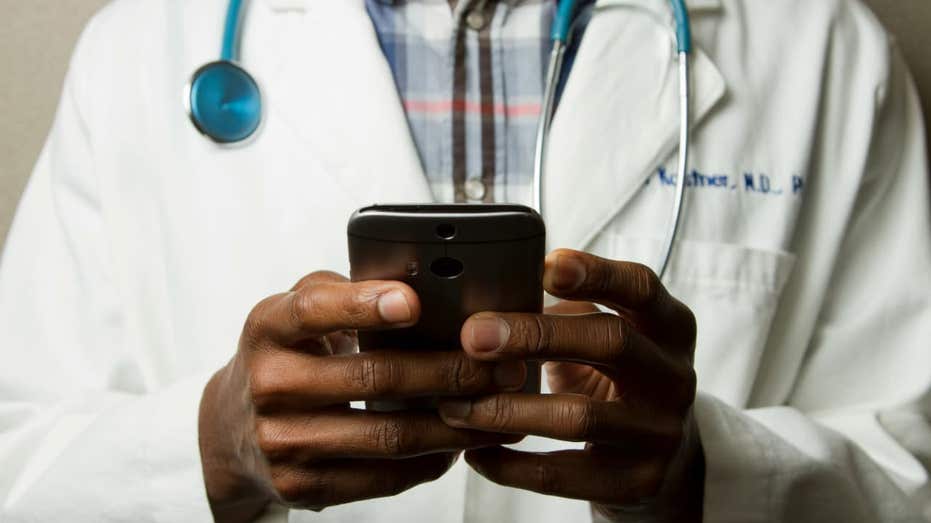The healthcare sector is under siege as cybercriminals ramp up their attacks on sensitive data. In the first few months of this year alone, we have witnessed some of the most significant data breaches in this field. Among the most alarming incidents is the recent breach involving Yale New Haven Health, Connecticut’s largest healthcare system, which has compromised the personal information of more than 5.5 million individuals.
Overview of the Breach
On March 8, a cyberattack on Yale New Haven Health allowed hackers to access and steal a wealth of personally identifiable information (PII) from patients. According to a legally mandated disclosure to the U.S. Department of Health and Human Services, the stolen data includes names, dates of birth, email and postal addresses, phone numbers, and in some cases, Social Security numbers.
Yale New Haven Health, a nonprofit organization based in New Haven, Connecticut, operates five acute-care hospitals and numerous outpatient facilities across Connecticut, New York, and Rhode Island.
Details of the Compromised Information
The nature of the leaked data varies among individuals, but it could include sensitive details such as:
– Names
– Dates of birth
– Postal and email addresses
– Phone numbers
– Race and ethnicity information
– Social Security numbers
– Medical record numbers and types of patients
While this breach is significant, it is worth noting that no electronic medical records or treatment information were accessed, and financial account details or employee HR data were not compromised. The number of affected individuals may still change as investigations continue.
Healthcare Sector Under Fire
The healthcare industry has increasingly found itself in the crosshairs of cybercriminals. Notable breaches in recent years involving organizations like UnitedHealth and Ascension Health have led to extensive operational disruptions, financial losses, and prolonged investigations. This latest incident with Yale New Haven Health raises concerns about the adequacy of cybersecurity measures in place to protect sensitive patient data.
Collaborative Response and Future Measures
To address the breach, Yale New Haven Health engaged cybersecurity firm Mandiant for assistance in the investigation. The organization emphasized that their rapid response helped contain the incident and ensured that patient care remained uninterrupted. Notification letters began reaching affected individuals on April 14, with the healthcare system offering complimentary credit monitoring and identity theft protection to those whose Social Security numbers were compromised.
Consequences of the Breach
The implications for those affected by the breach are severe. The leaked personal information can be exploited for identity theft, financial fraud, phishing attacks, and other targeted scams. Healthcare data, in particular, is highly sought after on the black market, as it can be used for extended periods without detection. The long-term risk for affected individuals remains significant, even if their data is not misused immediately.
Official Statement from Yale New Haven Health
In a statement, a spokesperson for Yale New Haven Health expressed their commitment to safeguarding patient information: “We take our responsibility to safeguard patient information incredibly seriously, and we regret any concern this incident may have caused. We are continuously updating and enhancing our systems to protect the data we maintain and to help prevent events such as this from occurring in the future.”
Protecting Yourself After a Data Breach
If your information has been compromised in the Yale New Haven Health breach or any similar incident, consider taking the following steps to protect yourself:
1. **Identity Theft Protection Services**: These services provide continuous monitoring of your credit reports, Social Security numbers, and the dark web for any misuse of your information. They often include real-time alerts about suspicious activity and dedicated recovery specialists to help resolve fraud issues.
2. **Personal Data Removal Services**: To prevent your information from being publicly available, consider using services that monitor and remove your data from online databases. While no service can guarantee complete removal, they can help automate the process.
3. **Strong Antivirus Software**: Protect yourself from phishing attempts and malware by installing robust antivirus software on all devices. This software can alert you to suspicious emails and provide protection against ransomware.
4. **Enable Two-Factor Authentication (2FA)**: While passwords were not part of the breach, enabling 2FA on your accounts adds an extra layer of security. This requires a second form of verification, making it harder for hackers to gain access even if they have your password.
5. **Be Cautious with Mail Communications**: Be vigilant about physical mail as scammers may try to exploit your address. They may impersonate known brands or send urgent messages that require immediate action.
The Broader Implications of the Breach
The breach at Yale New Haven Health raises critical questions about the security measures in place at healthcare institutions. The fact that hackers were able to access personal data for 5.5 million individuals before the breach was detected highlights potential vulnerabilities within the cybersecurity infrastructure of these organizations.
Feedback and Future Considerations
As discussions continue about the adequacy of cybersecurity investments in the healthcare sector, we invite you to share your thoughts. Are companies doing enough to protect sensitive data? Let us know your opinion.
For more tech insights and security updates, subscribe to the CyberGuy Report Newsletter. Stay informed and learn how to protect yourself in an increasingly digital world.
